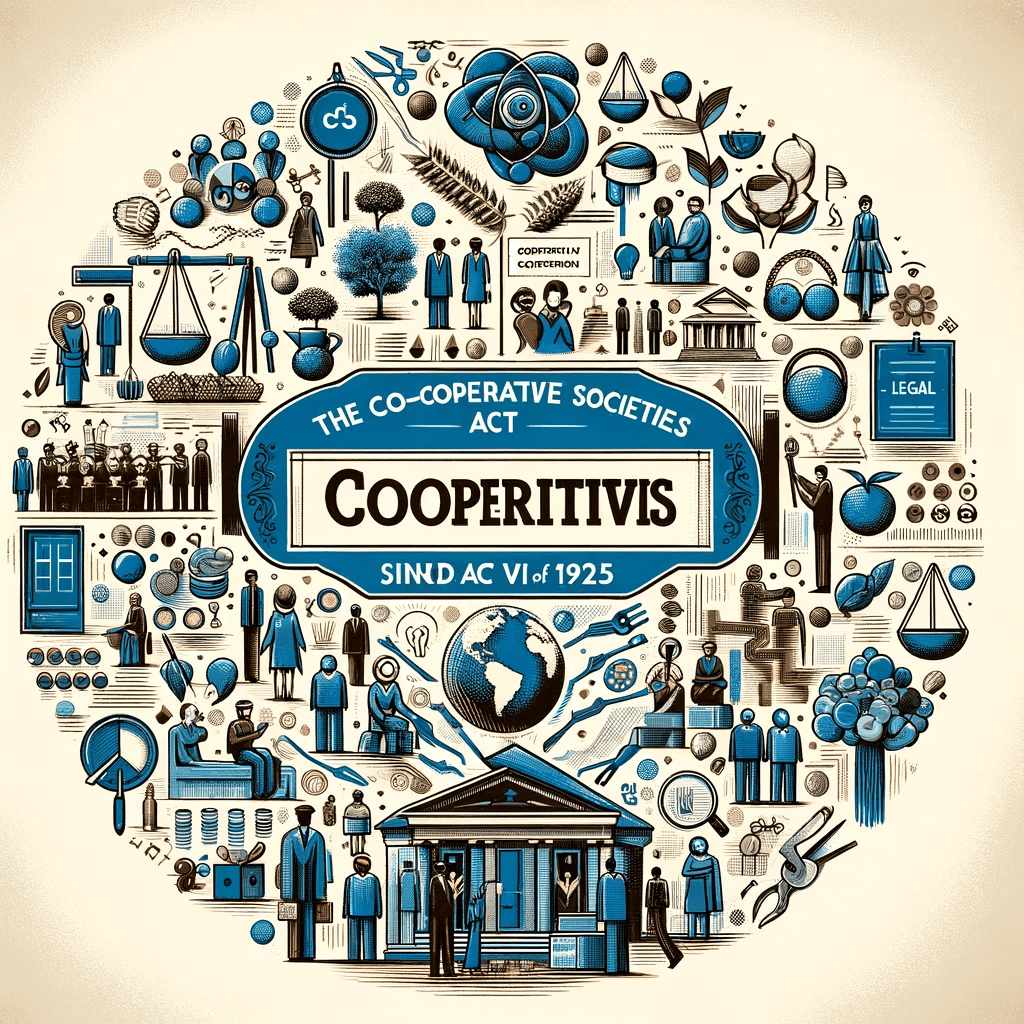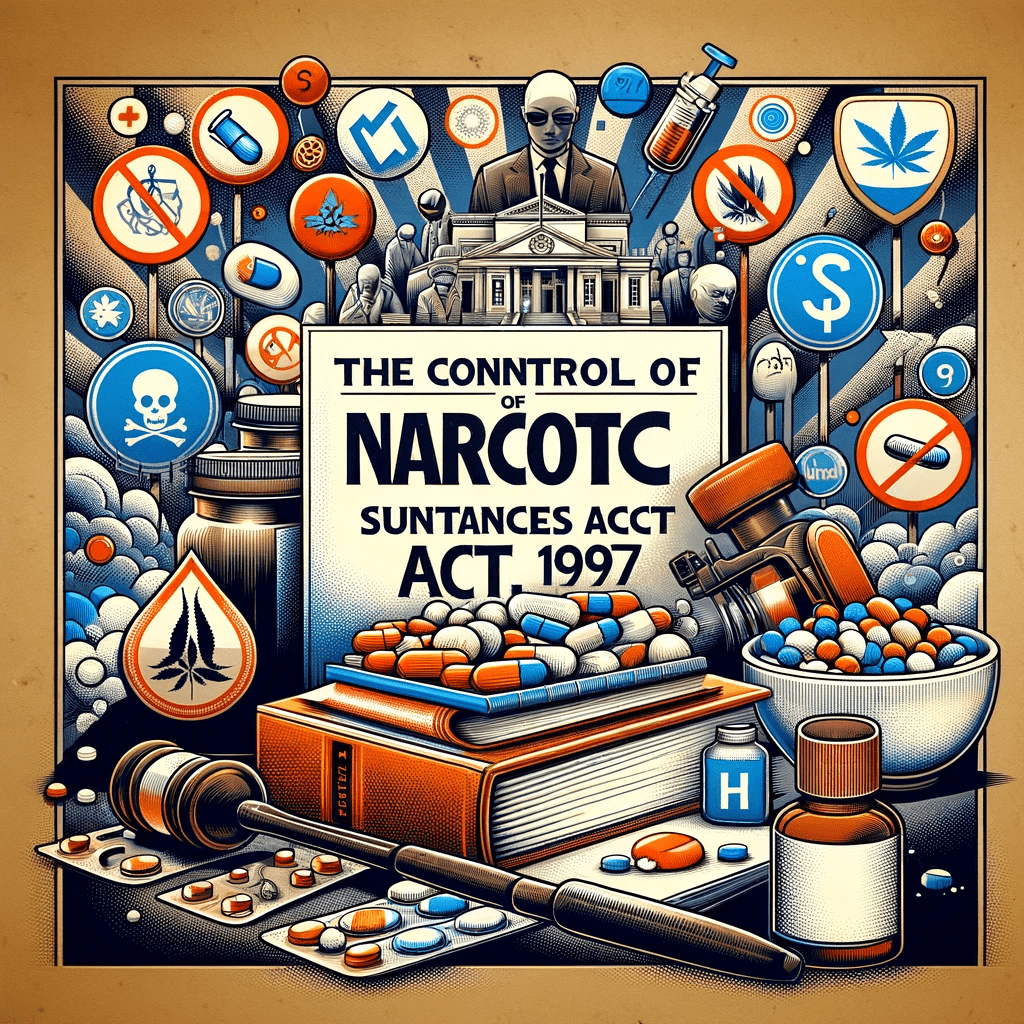HEAVY INDUSTRIES [TAXILA] BOARD ACT, 1997
HEAVY INDUSTRIES [TAXILA] BOARD ACT, 1997 The Heavy Industries (Taxila) Board Act, 1997, is a significant piece of legislation in Pakistan that establishes the legal framework for the operation and management of the Heavy Industries Board in Taxila, a region known for its heavy industries and manufacturing capabilities. Enacted in 1997, this act provides the necessary legal provisions for the governance, functions, and responsibilities of the board. In this introduction, we will explore the historical context, key objectives, and legal significance of this act. Sections Short Title and Commencement. Definitions. Establishment of the Board. Terms of office of the members. Meetings. Functions of the Board. Investment of the Board with certain powers. Submission of estimates of receipts and expenditures to the Federal Government. Accounts, audit and costings. Submission of annual report, return etc. Delegation of powers. Mode of signifying communications from the Board. Power to issue direction. Power to make rules. Dissolution of the Board. Updated till 12.11.2021 Page 2 of 7 HEAVY INDUSTRIES 1 [TAXILA ] BOARD ACT, 1997 ACT No. XII OF 1997 An Act to establish a Heavy Industries 1 [Taxila, Board] WHEREAS it is expedient to establish a Heavy Industries 1 [Taxila], Board and to provide for matters connected therewith or incidental thereto; It is hereby enacted as follows:― Short title and commencement.― (1) This Act may be called the Heavy Industries 1 [Taxila] Board Act, 1997. (2) It extends to the whole of Pakistan. (3) It shall come into force at once. Definitions. In this Act, unless there is anything repugnant in the subject or context,― (a) “Board” means the Heavy Industries 1 [Taxila] Board established under section 3; (b) “Chairman” means the Chairman of the Board; (c ) “factories” means Heavy Re-build Factories and Manufacturing Factories established and functioning under the control of Heavy Industries 1 [Taxila] Board; (d) “Heavy Industries” means the Heavy Industries, Taxila, and includes Heavy Re-build Factories, Manufacturing Factories and other allied facilities owned by the Federal Government; and (e) “member” means a member of the Board. Establishment of the Board.―(1) As soon as may be, after commencement of this Act, the Federal Government shall, by notification in the Official Gazette, establish for carrying out the purposes of this Act, a Heavy Industries 1 [Taxila] Board consisting of a Chairman and 1 [five] members to be appointed by it. (2) The Chairman shall be appointed by the Federal Government on recommendation of the Chief of Army Staff. (3) Out of the 1 [five] members to be appointed by the Federal Government, one shall be appointed as member finance in consultation with the Ministry of Finance, the second to be as the member Ministerial Co-ordination, 1 [third member shall be appointed from the corporate sector, to be called the Member (Private), on the recommendation of the Secretary, Defense Production Division] and the remaining two to be the technical members as members production Control and Project Planning to be appointed from within the existing strength of the Board. 1Ins. and subs. by Ordinance XLVII of 2000, by ss.2-5. Page 3 of 7 Terms of office of the members.―(1) The Chairman and members shall hold office for a term of four years and shall be eligible for re-appointment and shall receive such salary and allowances as the Federal Government may, from time to time, determine1 [:] 1 [Provided that the Member (Private) shall hold office in honorary capacity.] (2) Every member, except member Ministerial Co-ordination,1 [and Member (Private)] shall be a whole time officer of the Board and shall perform such functions as are or may be assigned to him under this Act. (3) Every member 1 [except Member (private)] shall, before assuming his office, relinquish or divest himself of any office or interest in any corporation, company or concern other than an industry owned by the Federal Government or sponsored by the Board or Cooperative Society, or a charitable organization: Provided that the Federal Government may permit a member to retain any shares in a company purchased by him if the company of which the shares have been acquired does not have any dealings with the Board; and in case of company of which a member holds shares starts dealings with the Board, the member shall immediately declare to the Board the extent of his share in the company. Meetings.―(1) No business of the Board shall be transacted except at a meeting at which a quorum of at least three members is present. (2) The Chairman and, in his absence, the senior most member shall preside at the meetings of the Board. (3) At the meetings of the Board each member shall have one vote and, in the event of equality of votes, the Chairman or the member presiding shall have a second or casting vote. (4) A resolution in writing signed by all the members for the time being in Pakistan shall be as valid and effective as if it has been passed at the meeting of the Board. Functions of the Board.―(1)The principal functions of the Board shall be to manage,1 [organize or, as the case may be, within the existing financial resources, reorganize any factory] and administer the affairs of the factories included in Heavy Industries and to run them on sound administrative and modern management techniques so as to adequately meet, during war and peace, the needs of the defence of the country and to utilize the 2 [commercial potential] of the factories to meet the requirements of the civilian population and the brotherly or friendly countries. 1Subs and Ins. by ordinance XLVII of 2000, by ss.6-7. 2 Subs. By Act VI of 2019, by s,2. Page 4 of 7 (2) The Board shall, in discharging its functions, be guided on questions of policy involving national interest, including defence requirement during war and peace, by such directions as the Federal Government, which shall be the sole judge whether or not national interest is involved, may give from time to time. Investment of the Board with certain powers.
HEAVY INDUSTRIES [TAXILA] BOARD ACT, 1997 Read More »
Laws of Pakistan - Library
![HEAVY INDUSTRIES [TAXILA] BOARD ACT, 1997](https://24justice.pk/wp-content/uploads/2024/01/8.png)








